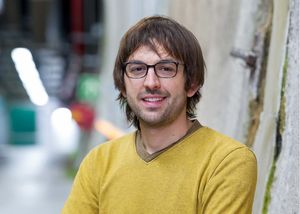15 years ago, the first MAGIC telescope was inaugurated on La Palma in the Canary Islands. In 2009, it was followed by a second telescope of a similar type. Both instruments study cosmic objects that emit high-energy gamma rays, such as supernovae or…
Read more

